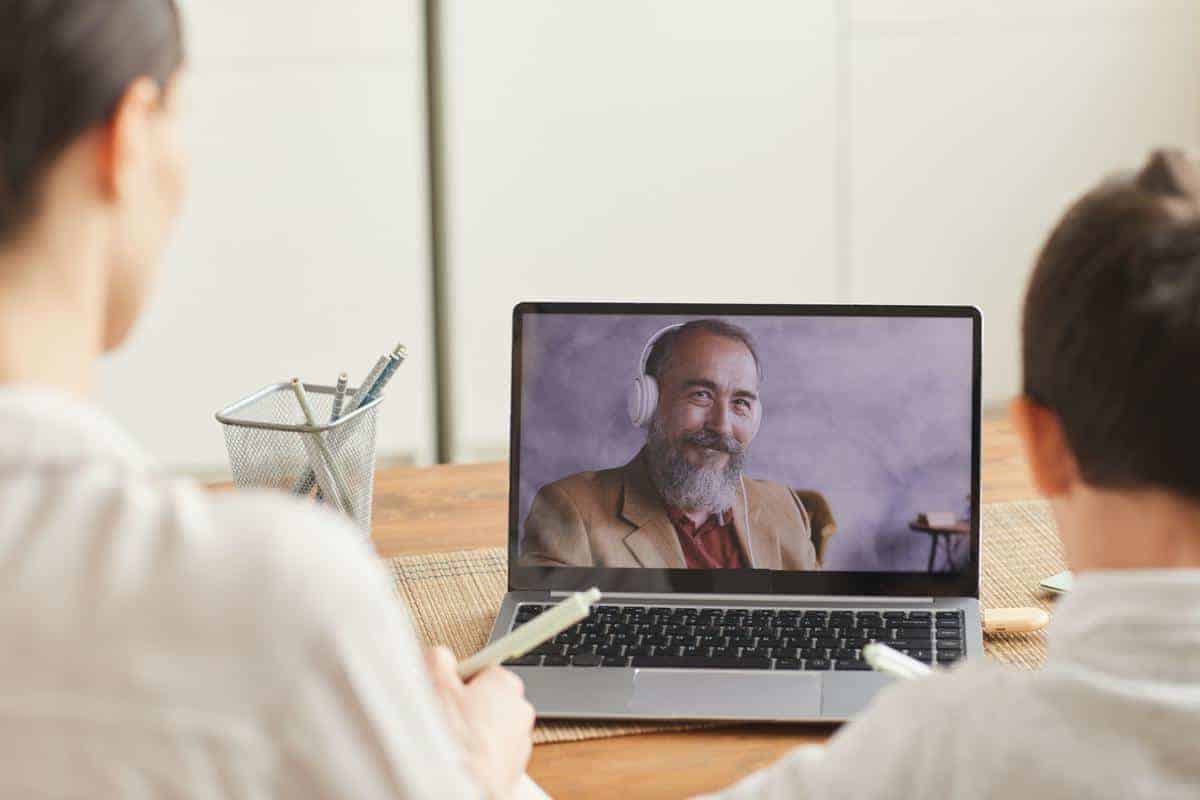Sruthi Vibhavari
Hyderabad: In the COVID-affected academic environment, teaching and learning online is the new normal. While private schools have almost seamlessly jumped onto the online bandwagon, government school students are the ones being left behind. In the wake of online classes being conducted, a survey revealed that 39.6 per cent of families do not have a smartphone.
The survey was conducted by the Telangana State United Teachers’ Front (TSUTF) covering 1,868 villages in 489 mandals of all 33 districts. It covered 22,502 parents, 39,659 students. This includes 30,458 government school students and 9,201 private school students.
The survey revealed that one smartphone was available with 48.9 per cent families and two smartphones were available with only 7.4 per cent families. Only 11 per cent said that the mobile data was sufficient for them.
The ones that are most hit in this scenario are rural-government school students. Mrs. Anitha, Principal of a school under Telangana Social Welfare Residential Educational Institutions Society (TSWREIS) remains positive. According to her, “The only aim of learning is to build competencies every year. Keeping in mind our limitations, we took up WhatsApp-based learning. Our teachers share content and assignments for the day with a focus on communication, comprehension, and problem-solving skills. This reaches about 40 per cent of the students. Apart from that, we reach 60 per cent of students via classes on television. The classes of four subjects are telecasted daily, based on modular teaching.”
However, the survey says 14.8 per cent families do not have even a cable TV connection to allow their children to watch lessons on government educational channels. “For students who do not even have access to a TV, we formed village learning circles (VLC) where one student takes leadership to teach five to ten other students of different classes. Right now, about 50,000 students are benefiting from these VLCs from our society,” she says.
She further adds, “Online classes cannot be taken as an alternative to classroom teaching. It is just a make-shift arrangement for a time period to have academic continuity.”
Interestingly, about 93 per cent of the parents support the re-opening of schools with necessary precautions.

